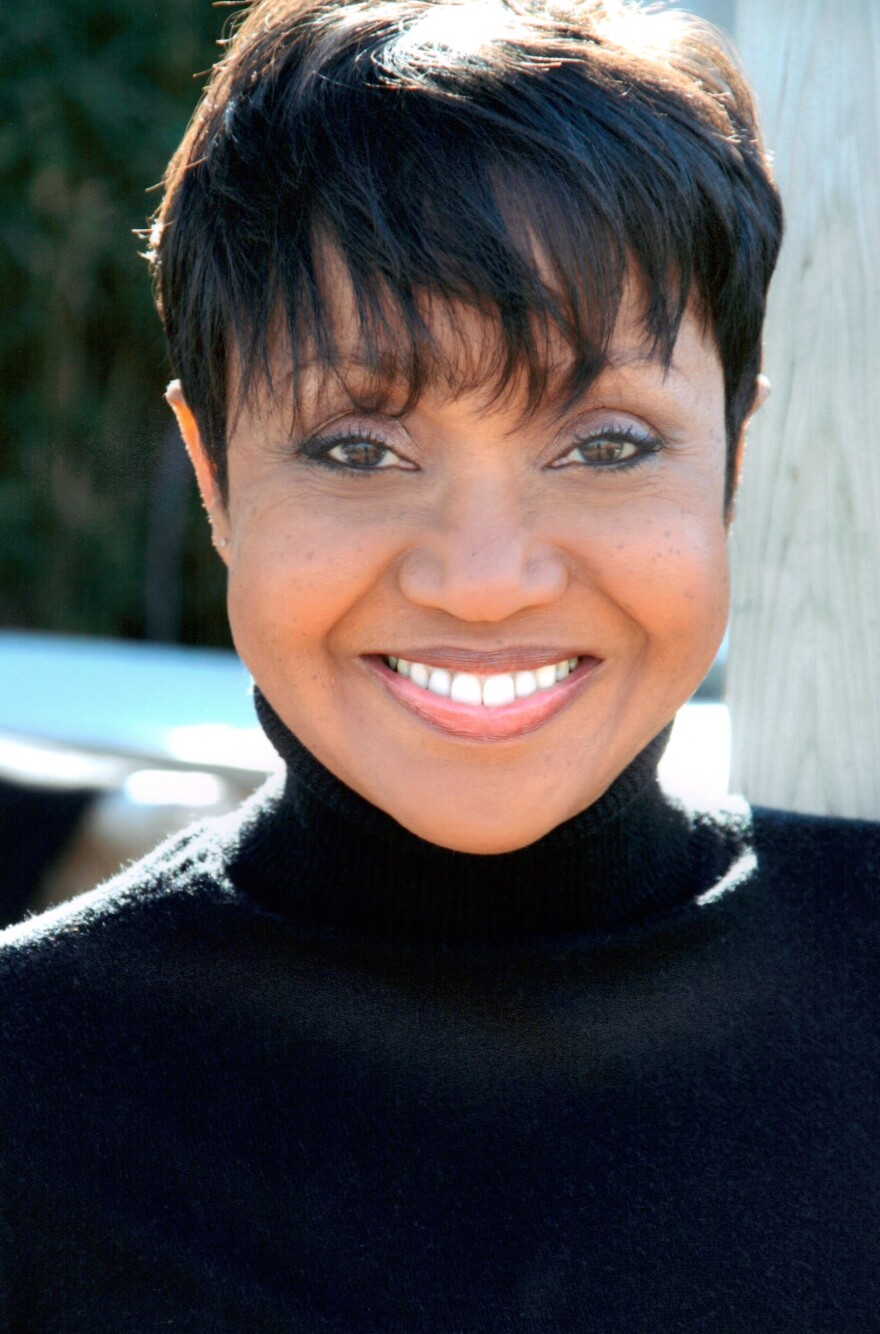"These women are not talking to us about history. They’re talking to us about the human condition."
Olivia Cole
Sadie Delany, 103, and Bessie Delany, 101, were daughters of a former slave and grew up in the Jim Crow South.
The Delany sisters were college-educated at a time when many women were not. They moved north, and lived in Harlem during its renaissance.
Sadie was a teacher, and Bessie was a dentist. Later, the sisters, who never married, moved again and helped to integrate the New York City suburb of Mount Vernon.
The play, called "Having Our Say: The Delany Sisters’ First 100 Years," is running now at Long Wharf Theatre in New Haven.Later, the production will move to Hartford Stage.

I met recently with the play’s two actors -- Brenda Pressley and Olivia Cole -- and asked what drew them to the script.
Brenda Pressley: I readthe book Having Our Saywhen it was first published, some 20-odd years ago, and I was absolutely captivated by these two magnificent women. Then the play was done on Broadway. Many years later, after I have become a woman of a certain age -- an actor of a bit more experience -- I have been invited to step into the wonderful world of the Delany sisters in this historical event of a play.
WNPR's Diane Orson: I want to pick up on something you said: That you are now a woman of a certain age. One of the most delightful things about this play is that it’s not just about young ingenues. It’s actually about women who are both over 100 years old.


Olivia Cole: Age is a number, and the Delany sisters make that very clear to us. Both Emily, the playwright, and Jade, our wonderful director, had the opportunity to meet and be with the Delany sisters. They both said never had they met two women full of more vitality, and full of joie de vivre, and wanting to be here now, not lost in the past. These women are not talking to us about history. They’re talking to us about the human condition -- the human trip through life -- and this is universal.
Can you talk to me about the role of food, and food preparation in this play?
Pressley: The play takes place on our papa’s birthday and it is our tradition to prepare his birthday meal -- all of his favorite dishes. And indeed, the actors prepare the meal of ham, and chicken with stuffing, and vegetables of broccoli, cauliflower, carrots, turnips, macaroni and cheese, a pound cake, and ambrosia. All are prepared during the play. It’s quite marvelous, and challenging.
Cole: I applaud this being a part of the play because, in fact, food preparation, and breaking bread together are some of our earliest forms of human interaction.
Talk to me about the Delany sisters, and what you feel, and what you’ve learned, as you’ve worked on this play from them.
Cole: What arises is the concept of the three great truths: Change. Paradox. Humor. Let me take paradox: You have two individuals. One is lighter than the other, in a culture which does notice those things, part of the same family -- the same unit. You have one who is sweet, and agreeable, and you have one who is emotional, quick to anger, very outspoken, and yet, living together, as Sadie says “we are in some ways like one person.” So you have two truths, which are true at the same time. Humor runs through this play. And the wonderful thing that I love about the Delany sisters is their capacity for change, even at this stage of their lives, and I find that a beautiful, beautiful message. I find this a very profound play. Very profound.






